The trial of Jian Ghomeshi is over, and Judge William Horkins will take until March 24 to reach verdicts for each of the five sexual assault charges faced by the disgraced former CBC host.
BuzzFeed Canada asked three experts to clear up some of the big questions left for the public as we await a verdict.
1. The Crown has been criticized for not knowing about “surprise” evidence showing each witness had contact with Ghomeshi after the alleged assaults. Whose job was it to get the witnesses to disclose everything about their interactions with Ghomeshi?
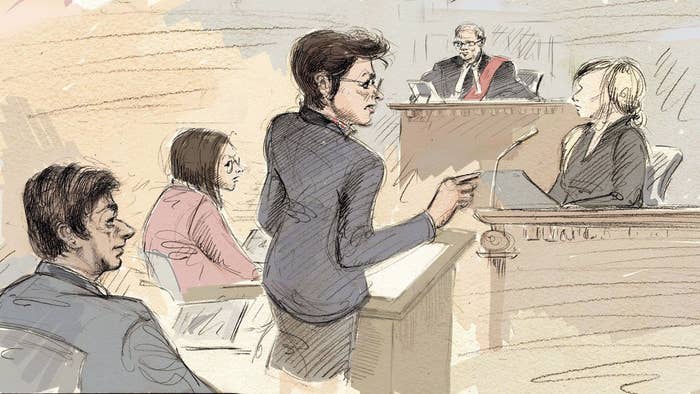
2. So then whose job was it to prepare the Crown’s witnesses for their testimony on the stand?
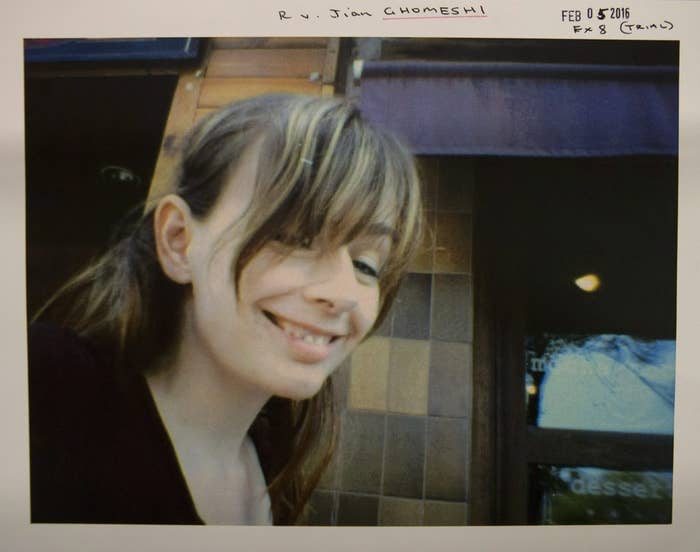
3. Do most witnesses have their own lawyer, as the three claimants in this trial did?
"Lawyers for witnesses is a pretty rare occurrence," Bellehumeur said.
So this was indeed unusual. And it also means there isn't a clear and established protocol for how the Crown and a witnesses' lawyer will interact, she said.
"It would just be a situation where the Crown would have as much contact as he or she felt was appropriate."
4. Why would a witness want a lawyer in a case like this?
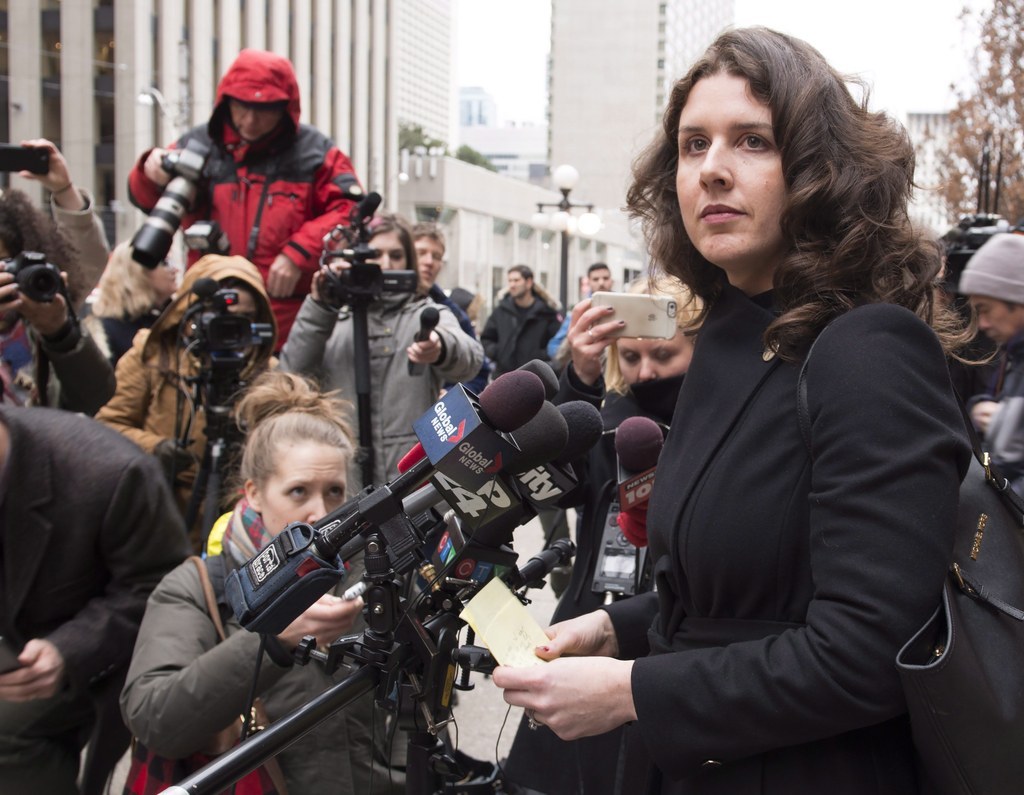
5. Why did the defence have emails and Decoutere's letter and the Crown didn't?
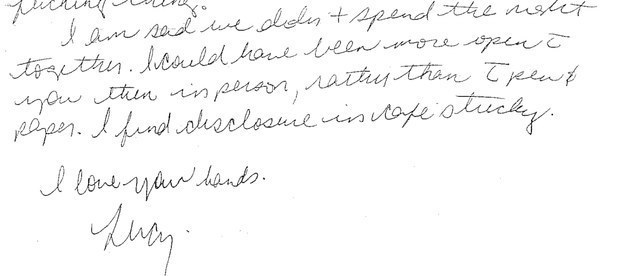
6. Is it common in sexual assault cases for the defence to present so much evidence that the Crown doesn’t seem to know about?
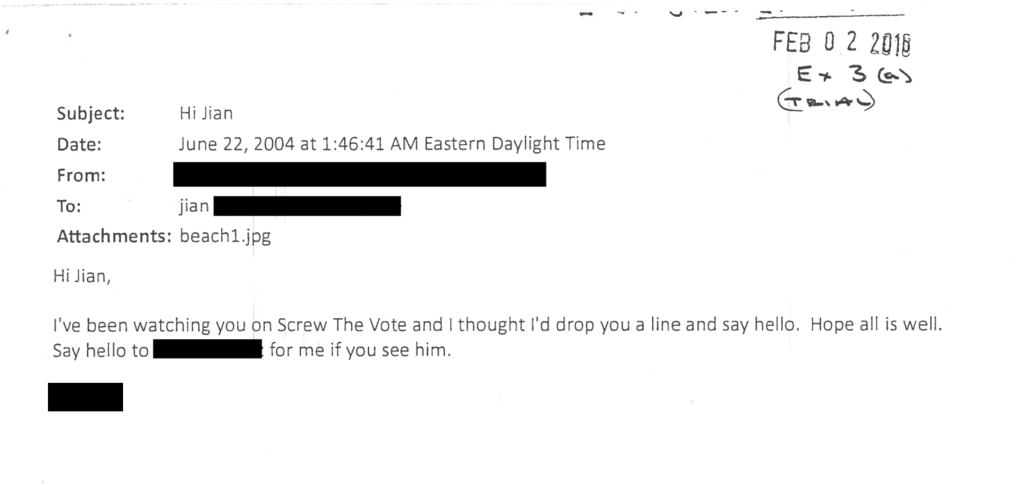
7. Why do disclosure rules require the Crown to share all the information it has with the defence, but not the other way around?
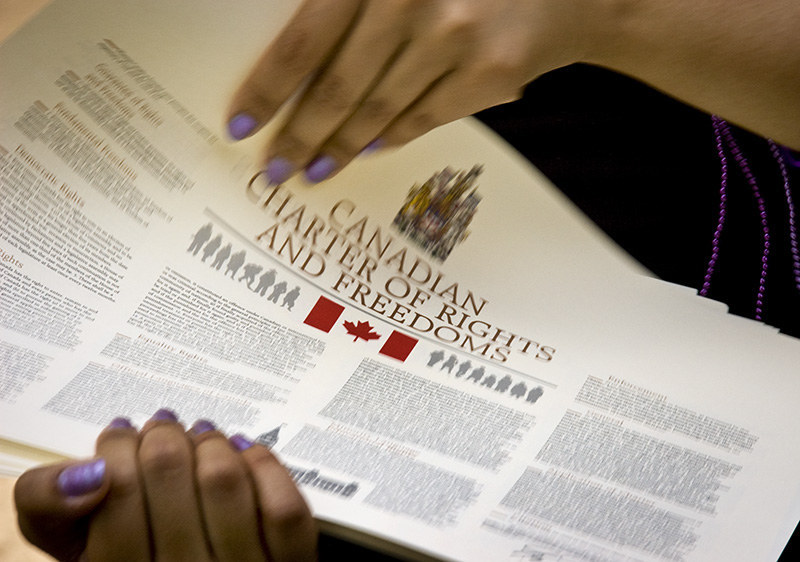
8. The verdict hinges in large part on whether the judge believes the witnesses were telling the truth. How does a judge evaluate witness credibility?
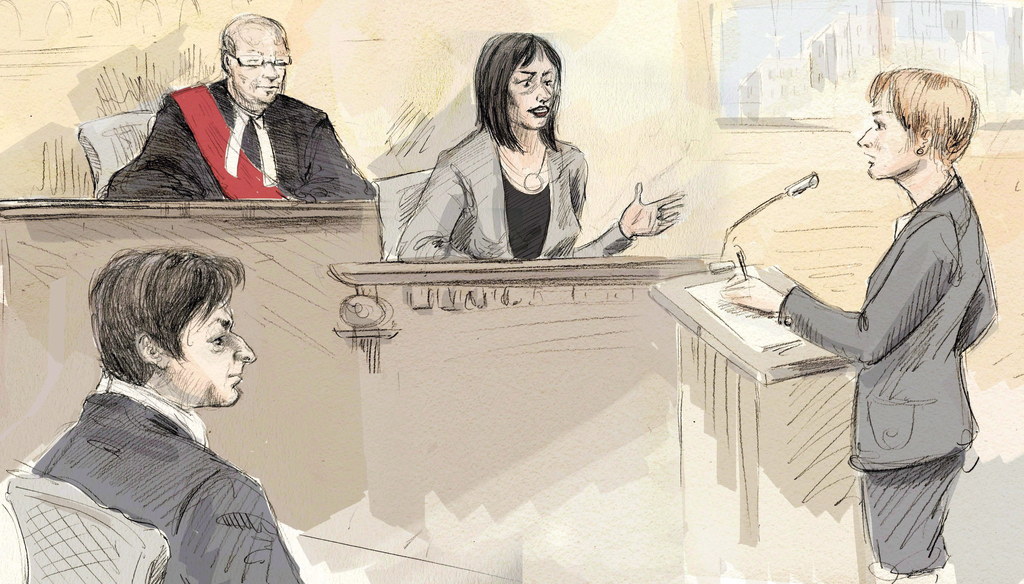
9. What does the law say about after-the-fact behaviour of claimants in sexual assault cases?
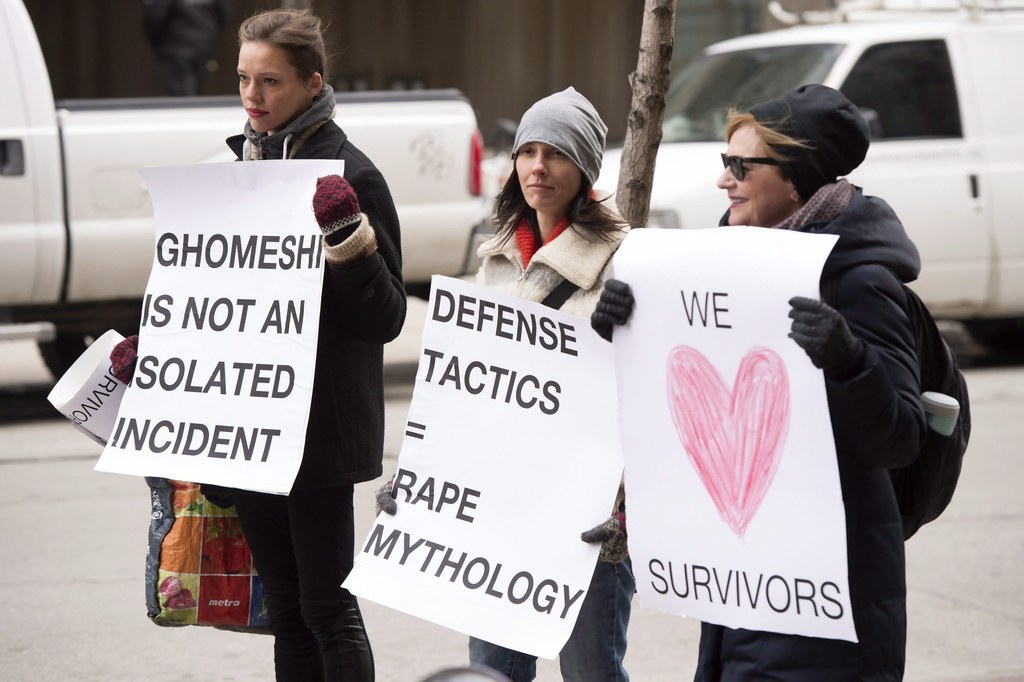
10. What does research say about how women behave after a sexual assault?
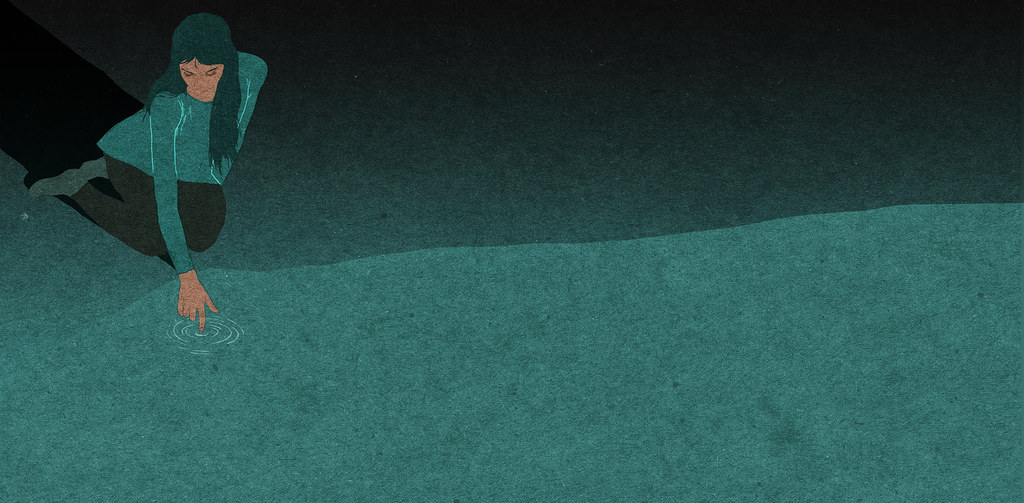
11. What is the law regarding consent in Canada as it applies to this case?
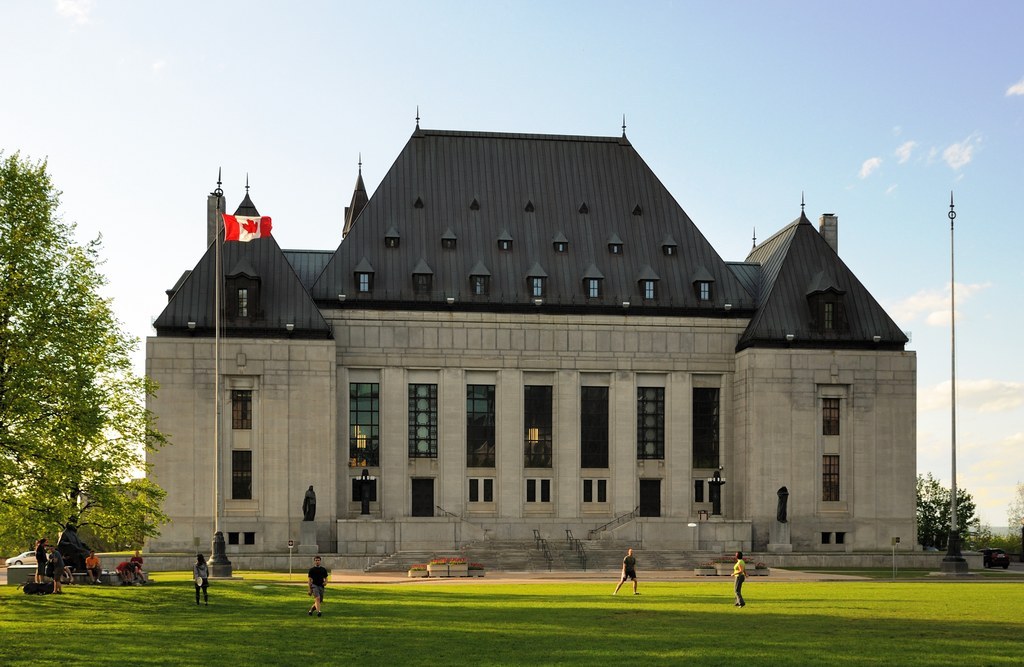
12. Why hasn't consent been raised in this case?

